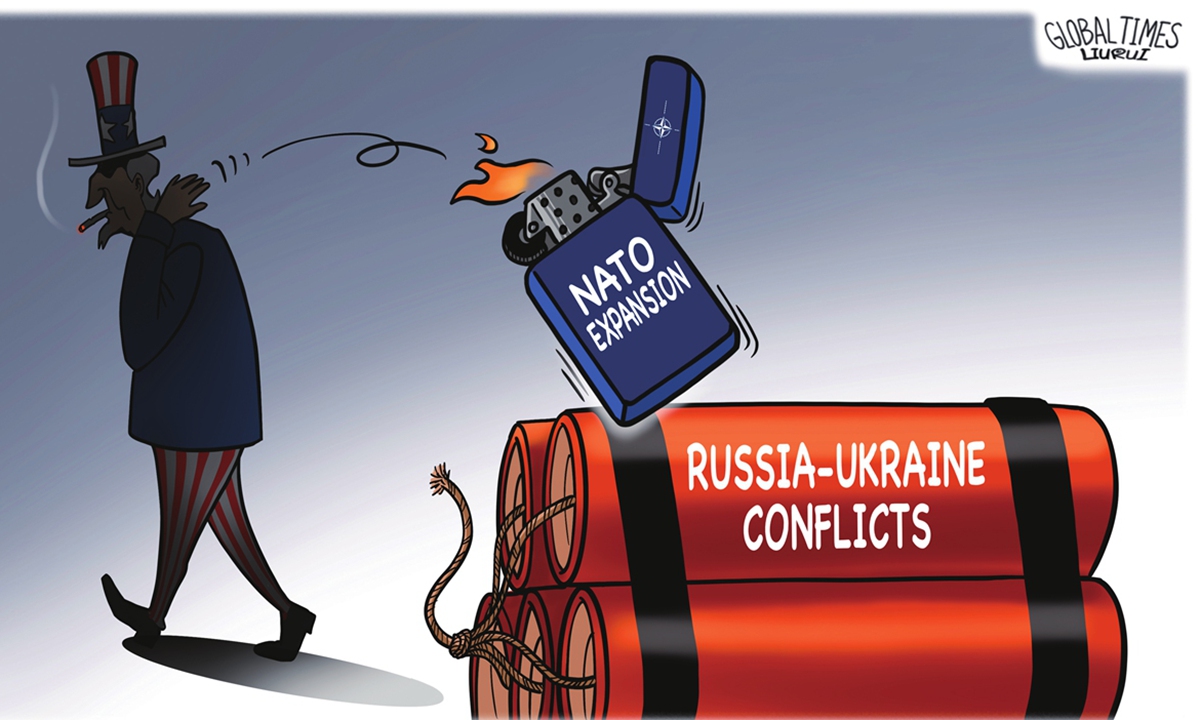Former British prime minister Boris Johnson said that the “Normandy format,” in which Europe and Russia discussed the progress in settlement of the conflict in Eastern Ukraine, was a “diplomatic imitation.” A few weeks earlier, the former German chancellor Angela Merkel said the same thing. In November, the head of the Canadian government disclosed to the media the contents of his personal consultations with Chinese leader right after the negotiations.
This shows us the new quality of communication that Western countries have with other states. There is no place for trust, and therefore no place for normal practice of diplomatic relationships. We all have yet to figure out how to communicate with the US and the West under these conditions, and whether politicians in the US and Europe can return to normal diplomatic practice.
The main obstacle to the emergence of just international order is the hegemonic mentality of the West. It is now supported by enormous military capabilities, influence over the world economy and the international media. Therefore, for Western politicians, the words they say in meetings with their counterparts from other states are valueless. In a sense, this is the ideal “free-rider effect,” a sociological phenomenon in which one or more members of a collective do not pay for the services they use. The international security is a public good which is clearly non-excludable and non-rivalrous, which means that non-payers cannot be stopped from getting benefits from the good without putting other consumers’ rights to the significant risks.
Western countries now enjoy all the benefits of international security without doing anything to strengthen it. At the same time, everyone else has to be tactful, exercise the art of diplomacy, and think beyond their own egotistic interests. Even if Russia did not have reasons to believe Western countries about their willingness to demand from the government of Ukraine the implementation of the Minsk agreements, Moscow continued these negotiations because it was important for the security of all Europe. When US leaders said 30 years ago that NATO would not expand eastward, Russia had to accept their statements because the alternative was to create a risky situation for the entire world. Russia has not been naïve. But Russia, like China, displayed respect for the interests of the whole international community.
Currently, the US says it wants to continue a respectful conversation with China. But at the same time, they continue to try and place pressure on China over issues related to its territorial integrity and vital foreign policy interests. The West believes that China, like Russia, values peace for the whole world too much to refuse dialogue with those who constantly seek to undermine it. Late last summer, we all witnessed the highly provocative trip of the speaker of the US House of Representatives to the island of Taiwan. After that, the US expressed to China its desire to strengthen diplomatic dialogue.
Then more provocations followed. And there is not much hope that new ones will not come after the visit of the Secretary of State Antony Blinken to Beijing. The US plans to militarize Japan are undermining the foundations of Asian regional security, and Washington will not reconsider them, at the same time assuring China of its willingness to engage in diplomatic dialogue. Thus, the free-rider is constantly breaking the rules of the international community and taking advantage of the fact that the rest of us respect the rules and show restraint.
Secretary of State Blinken, or European ministers believe that the power of the West will always ultimately force the Rest to do business with them. They have a deep disdain for the rest of the international community and believe that any of their cynicism and insults will be forgotten for the sake of resolving the most important issues for other countries and the whole world.
Other states, like China or Russia, must approach negotiations with the West with the full understanding that its words are not trustworthy. As a matter of fact, the US deceives even its close allies. A few days ago, the Americans tricked Germany into agreeing to a new supply of offensive weapons to fuel the conflict in Ukraine. After Berlin agreed to deliver some tanks to Kiev, the US said it would only be able to do the same in a few months. Thus, deception is the basis of relations among Western countries themselves.
The hegemonic mentality of the West has a serious material and cultural basis – it is an important obstacle to achieving international stability. The problem with the free-rider is that he must constantly increase the amount of deception and bases his entire existence on it.
But we should not think that we are dealing with lunatics or those who are infinitely confident in their power and rightness. That is absolutely not the case. History teaches us that Western countries understand only power. In those situation where they meet resistance and where counter efforts are consistent and patient enough, the West retreats. However, this will entail a sustained effort and a gradual consolidation of the entire international community.
The author is Moscow-based Valdai Club program director. opinion@globaltimes.com.cn













